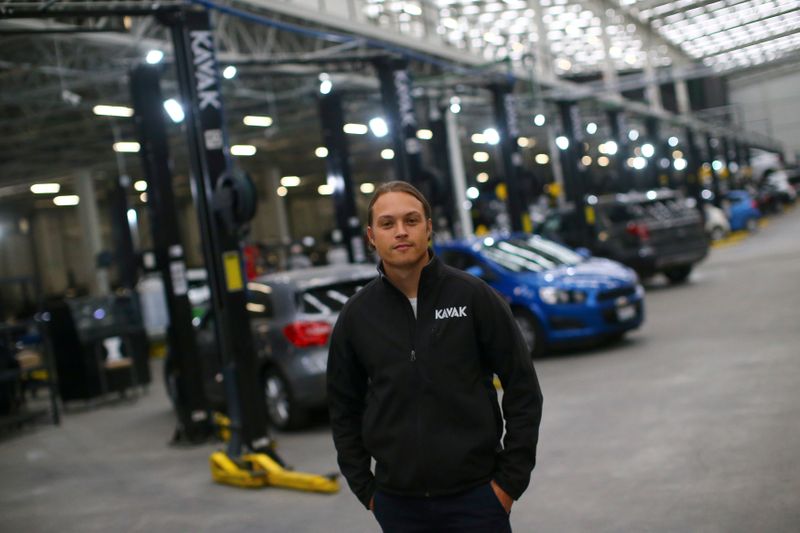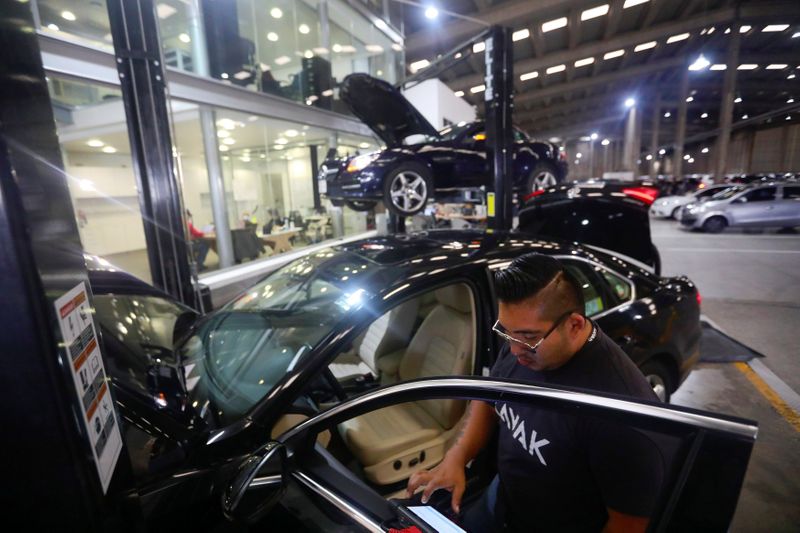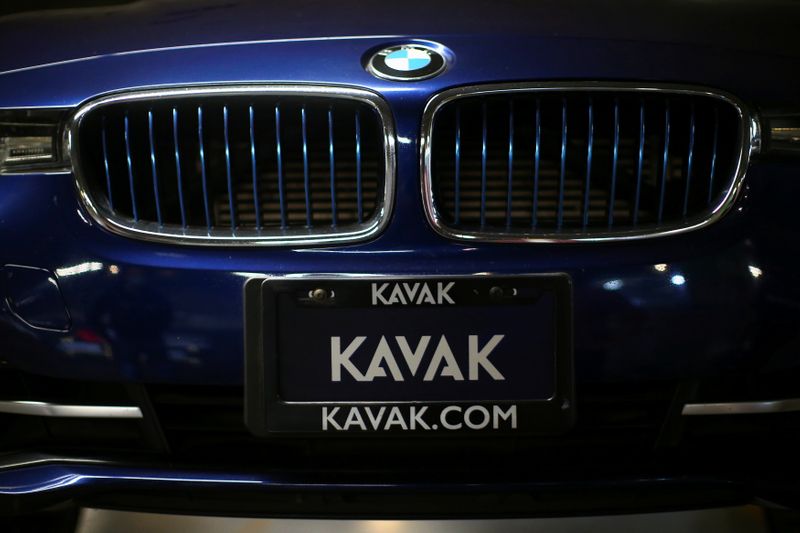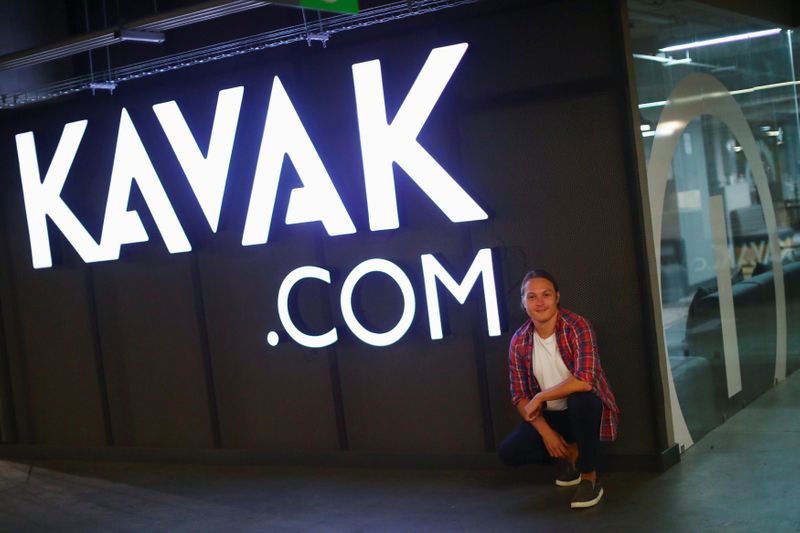MEXICO CITY (Reuters) – SoftBank-backed used car platform Kavak is expanding from Mexico into Argentina in a merger with secondhand auto company Checkars after seeing sales recover from a pandemic-induced dip, Kavak Chief Executive Carlos Garcia said in an interview on Tuesday.
Although Kavak’s sales in Mexico fell 28% in April from the prior year, they recovered to pre-pandemic levels in June and began to pull even higher in August.
As part of the move into its first market outside Mexico, Kavak, an online platform for buying and selling secondhand cars, will invest $10 million in Argentina.
Buenos Aires-based Checkars, founded in 2018, has recorded 1,500 transactions and last year posted $8 million in sales, Kavak said in a statement. Checkars confirmed the details of the deal.
As well as ensuring a smooth merger, Garcia’s next challenge is to boost inventory.
That’s both to grab a bigger share of the used car market – which he says is worth $60 billion in Mexico and $20 billion in Argentina – and to meet rising demand from budget-conscious shoppers hit by the pandemic, a trend already documented in the United States.
“Now with the pandemic, economics are more important for customers than ever,” Garcia said.
His plan is to offer 20,000 used autos in Mexico in the next 12 months, up from 2,000 now available.
Some buyers come from households that already have one car, and opt for a second as an alternative to the subways and buses where passengers are more vulnerable to picking up the virus, he noted.
Garcia declined to state how much funding Kavak has raised, but said Japanese investor SoftBank Group Corp <9984.T>, which is aiming to deploy up to $5 billion in Latin America, has brought a global perspective to the four-year-old startup.
(Reporting by Daina Beth Solomon; Editing by Cynthia Osterman)



























